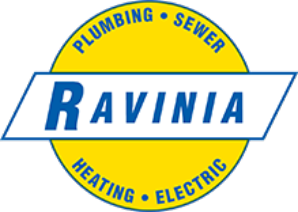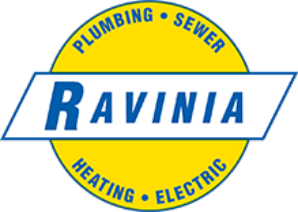
The COVID-19 threat heightens our attention to possible symptoms – fever, cough, lethargy. This awareness helps to keep us healthy. In much the same way, you should be aware of symptoms of a “sick” heating system. This will keep you and your family safe and healthy with respect to your furnace. What are the obvious signs your system might be in trouble?
Bigger utility bill?
A rise in gas or electric usage by your furnace means it is not operating efficiently; these inefficiencies are particularly true of aging heating systems. The Department of Energy (DOE) says modern systems offer efficiencies as high as 98.5% over the 56% – 80% efficiencies of older furnaces. Friendlier to the environment, these newer systems also reduce annual carbon dioxide emissions. To properly maintain your furnace and keep it running as efficiently as possible, you should ask an HVAC professional to do an annual check-up on your system.
Strange noises?
While all systems make some noise, a heating system in trouble will begin to increasingly rattle, squeal, or bang. In some cases, the blower will turn on and off frequently or run excessively to keep your home comfortable. These signs can signal your heating system is expiring.
Increased repair costs?
An aging furnace, particularly one that has not been properly maintained, will likely need frequent repairs, and it may prove difficult or costly to find replacement parts. An increased need for repairs can add significantly to your family’s discomfort if the system fails during the colder months.
Uneven heating?
If your furnace fails to distribute heat evenly throughout your home, it’s a sign your heating system is in trouble. Several factors contribute to poor airflow and uneven heating; you should consult an HVAC professional to find and fix the problem.
Yellow pilot light flame?
Your pilot light should burn with a blue flame. If the flame appears yellow, contact an HVAC professional immediately. The yellow flame can indicate carbon monoxide is leaking from the heat exchanger.
COVID-19 symptoms send us to medical professionals for testing and care. Likewise, when we see signs our furnaces may be in trouble, we should contact licensed HVAC professionals that can diagnose and treat problems before your heating system fails.




